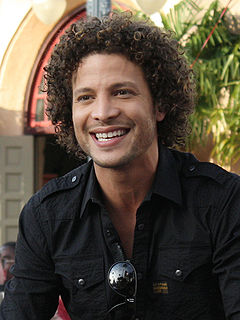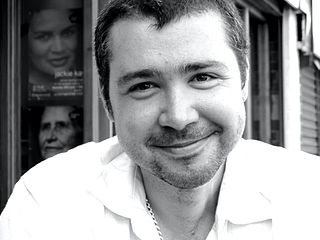A Quote by Whit Stillman
I'm very troubled when editors oblige their film critics to read the novel before they see the film. Reading the book right before you see the film will almost certainly ruin the film for you.
Related Quotes
I'm always trying to make something that is impossible to film. Why would somebody just read a novel when they can see it on TV or in the cinema? I really have to think of the things fiction can do that film can't and play to the strengths of the novel. With a novel, you can get right inside somebody's head.
I'd never read 'Prince Caspian'. I watched it and loved that film. Everybody was talking about its lack of success; its relative success in comparison to the other film. It's a great film. It deserved to do a lot better than it did. It's very difficult to make a film that will match up to the first.
There is something that might be called cinematic beauty. It can only be expressed in a film, and it must be present for that film to be a moving work. When it is very well expressed, one experiences a particularly deep emotion while watching that film. I believe that it is this quality that draws people to come and see a film, and that it is the hope of attaining this quality that inspires the filmmaker to make his film in the first place.
Writing a film - more precisely, adapting a book into a film - is basically a relentless series of compromises. The skill, the "art," is to make those compromises both artistically valid and essentially your own. . . . It has been said before but is worth reiterating: writing a novel is like swimming in the sea; writing a film is like swimming in the bath.
In the case of my second film The Fish Child (El Niño Pez), I had written the novel about 5 years before I made into a film. In the case of The German Doctor I had published the novel a year before I started writing the script, I even had another project to shoot. But I had this idea of the powerful cinematic language from the novel that I couldn't let go of.
With The Exorcist we said what we wanted to say. Neither one of us view it as a horror film. We view it as a film about the mysteries of faith. It's easier for people to call it a horror film. Or a great horror film. Or the greatest horror film ever made. Whenever I see that, I feel a great distance from it.
Up until then, whenever anyone had mentioned the possibility of making a film adaptation, my answer had always been, ‘No, I’m not interested.’ I believe that each reader creates his own film inside his head, gives faces to the characters, constructs every scene, hears the voices, smells the smells. And that is why, whenever a reader goes to see a film based on a novel that he likes, he leaves feeling disappointed, saying: ‘the book is so much better than the film.




































